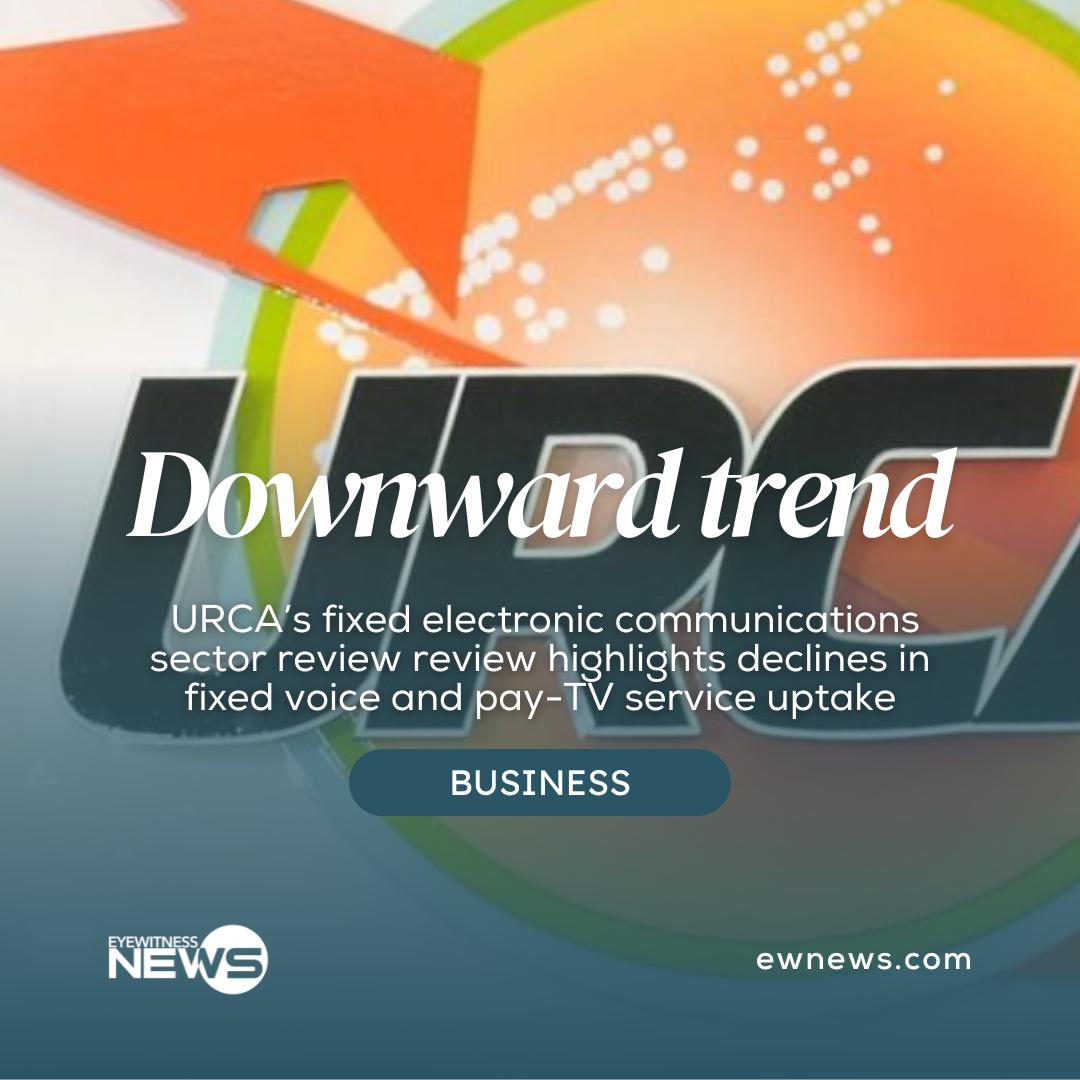In its market review of retail fixed electronic communications services in the country, the regulator highlighted that overall penetration rates indicate a significant portion of households in The Bahamas have access to fixed voice (landline), fixed broadband, and pay-TV services. However, between 2017 and 2022, there has been a decline in the uptake of fixed voice services and pay TV services.
Residential fixed voice (landline) connections have steadily decreased between 2017 and 2023, indicating a diminishing demand for traditional fixed voice services. “From 80,218 connections in 2017, the number fell to 67,929 by Q2 of 2023, representing a reduction in service penetration from 79 percent of total households to 57 percent over the period between 2017 and Q2 2023,” URCA noted.
Regarding residential fixed broadband connections, URCA noted a slight decline between 2017 and 2022, with a significant drop from 80,851 to 76,011 connections in 2020, followed by a gradual recovery in later years, reaching 84,907 connections by Q2 2023. “However, overall uptake remains below pre-pandemic levels. As of Q2 2023, the penetration rate stood at 72 percent of total households compared to 80 percent in 2017,” URCA noted.
While pay TV has consistently had lower penetration than fixed broadband and fixed voice, URCA pointed out that this segment has experienced the most substantial decline in recent years. “In line with fixed voice services, the decline occurred mostly between 2017 and 2020. By 2020, the number of residential connections had declined to 51,830, down from 65,347 connections in 2017. In Q2 2023, there were 51,576 pay-TV connections in total. This means that the penetration rate for this service fell considerably from 65 percent of total households in 2017 to 44 percent in Q2 2023.”
The regulator noted that the impact of Hurricane Dorian (August 2019) together with the increase in unemployment rates, which peaked in 2020, is believed to have contributed to the negative trends observed in penetration rates of all fixed services, particularly during the years 2019 and 2020. URCA also observed that the take-up of standalone fixed voice services has decreased by 21 percent since 2019, while the number of active subscriptions for standalone broadband services has increased by 14 percent in the same period.
URCA determined that in the Retail Fixed Voice Services market, The Bahamas Telecommunications Company (BTC) holds Significant Market Power. “URCA proposes that BTC will be required to continue offering its current standalone fixed voice tariff plans and, subject to URCA’s pre-approval, BTC shall not increase prices of entry-level standalone fixed voice plans over last year’s inflation, or 5 percent a year in case inflation exceeds 5 percent during that year.”
Regarding Retail Fixed Broadband Services, the market is divided into two geographic segments, with Cable Bahamas Limited (CBL) having SMP in areas where it competes with BTC, and BTC holding SMP in regions without CBL’s presence. URCA proposes that both providers are required to continue offering current standalone fixed broadband plans and bundles comprising fixed voice and fixed broadband services. Also, subject to URCA’s pre-approval, both providers shall not increase the prices of entry-level standalone fixed broadband plans over last year’s inflation, or 5 percent a year in case inflation exceeds 5 percent during that year.
In the area of Retail Pay TV Services, URCA’s preliminary position is that CBL is the SMP provider of retail pay TV services and is subject to restrictions preventing price increases beyond the inflation rate or 5 percent annually for its entry-level standalone pay TV product. This measure aims to promote access to essential services by protecting consumers from potential price hikes.






